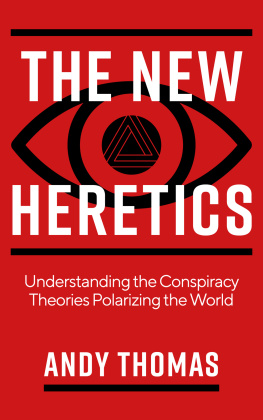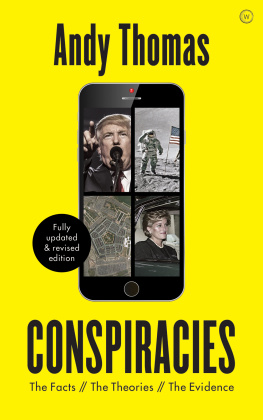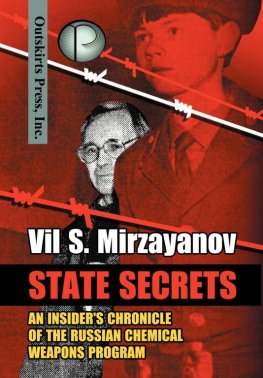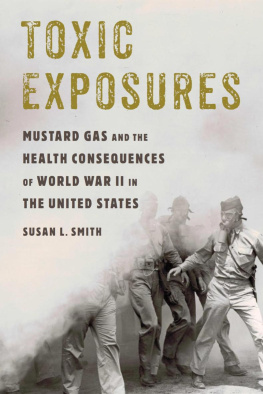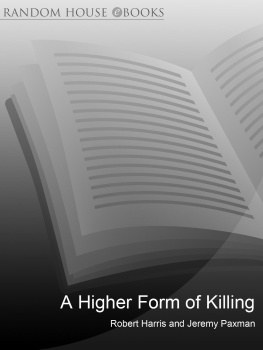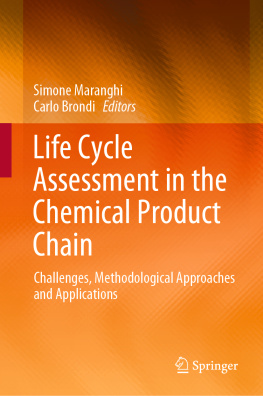First published in 1985 by Taylor & Francis
This edition first published in 2021
by Routledge
2 Park Square, Milton Park, Abingdon, Oxon OX14 4RN
and by Routledge
52 Vanderbilt Avenue, New York, NY 10017
Routledge is an imprint of the Taylor & Francis Group, an informa business
1985 Stockholm International Peace Research Institute
All rights reserved. No part of this book may be reprinted or reproduced or utilised in any form or by any electronic, mechanical, or other means, now known or hereafter invented, including photocopying and recording, or in any information storage or retrieval system, without permission in writing from the publishers.
Trademark notice: Product or corporate names may be trademarks or registered trademarks, and are used only for identification and explanation without intent to infringe.
British Library Cataloguing in Publication Data
A catalogue record for this book is available from the British Library
ISBN: 978-0-367-61963-3 (Set)
ISBN: 978-1-00-314390-1 (Set) (ebk)
ISBN: 978-0-367-64938-8 (Volume 12) (hbk)
ISBN: 978-1-00-312706-2 (Volume 12) (ebk)
Publishers Note
The publisher has gone to great lengths to ensure the quality of this reprint but points out that some imperfections in the original copies may be apparent.
Disclaimer
The publisher has made every effort to trace copyright holders and would welcome correspondence from those they have been unable to trace.
Copyright 1985 SIPRI
Pipers Vg 28
S-171 73 Solna
Sweden
All rights reserved. No part of this publication may be reproduced, stored in a retrieval system, or transmitted, in any form or by any means, electronic, electrostatic, magnetic tape, mechanical, photocopying, recording or otherwise, without the prior permission of the copyright owner and publishers.
ISBN 0-85066-307-5
ABSTRACT
Effects of Chemical Warfare: A selective review and bibliography of British state papers is the result of an exploration of the state papers of the United Kingdom undertaken with the aim of discovering information about the past use of chemical warfare. This information may serve as a point of historical reference in speculation upon the possible nature and consequences of large-scale chemical warfare recurring in Europe. Part I of the monograph concentrates primarily on material documenting the use of chemical weapons in the First and Second World Wars, the impact of this use on the civilian populations of France and Belgium, casualties incurred in the production, research, development, training and deployment of chemical warfare agents, and the attempts made to incorporate chemical weapons into military doctrine and war-preparedness. Part II supplements the citation of documents in Part I. It comprises an ordered bibliography listing not only the location of the records found to be of primary concern to this study, but also the location of other records not cited in Part I which appear to form much of the remainder of the official record of the British CW effort. A list of some of the papers which have not been released comprises the concluding section.
Printed in Great Britain by Taylor & Francis (Printers) Ltd, Basingstoke, Hants.
In chemical and biological weapons, the human race has the potential for doing itself peculiarly hideous damage. The damage could be on a giant scale, afflicting many millions of people directly. Thus it was, in 1947, that the United Nations categorized the weapons, alongside nuclear and radiological ones, as weapons of mass destruction, the category which should take priority in world disarmament endeavour. Like the others in the category, chemical and biological weapons may also threaten long-term persistent harm to people whom they do not destroy at once: harm that may pursue its victims throughout their lifetimes, even down generations, through chronic manifestations of toxicity or infectivity, or, by ecosystemic mediation, from an afflicted natural environment.
The weapons and the life sciences that underpin their technology have not yet been fully drawn into the mainstream of the arms race. This respite may now be drawing to a close. It has so far meant that the full destructive potential of the technology remains largely untapped, and that the life sciences, with their enormous potential for human and social benefit, remain relatively unmilitarized. But it has also meant that, outside those isolated regions of Asia and Africa that have experienced some resort to the weapons in recent decades, and outside the fading memories of World War I poison-gas warfare, the dangers have appeared remote, insufficient to stimulate that pressure of international co-operation which is needed to eliminate the weapons once and for all, and which there is just a chance that the respite may still permit before it passes altogether.
Great practical difficulties stand in the path of individual governments seeking to create an effective regime of chemical and biological disarmament. For foreign policy, such efforts involve a quite extraordinary mix of technical, political and security considerations, in which seemingly trivial matters can confound progress. Chemical warfare, in particular, presents what may well be the most difficult of all the arms-control tasks on the current international agenda.
SIPRI, being an international research organization independent of governments, can view the complexities in a perspective qualitatively different from that of individual governments, one which might suggest ways forward that could otherwise remain unrecognized. To this end, SIPRI has from its inception devoted not a small part of its resources to chemical and biological disarmament. Its published studies (see inside back cover) have in some cases aimed at specialist audiences, and in others at a general readership. The present series of publications, SIPRI Chemical & Biological Warfare Studies , is for specialists. It comprises works which, although commissioned by SIPRI primarily as input for later non-specialist publications, are judged likely to help the research of other organizations or individuals as well.
We publish the present work, the first of the series, in the belief that too much of current writing on chemical warfare relies on secondary sources of information. This, in our view, has had the effect of entrenching dangerous misconceptions. We believe, further, that present-day attitudes towards chemical warfare are so deeply conditioned by past concepts and programmes that serious students of the subject, including people involved in todays chemical disarmament endeavours, cannot prudently ignore that history.
In commissioning the work from Andy Thomas, we were looking primarily for historical points of reference to guide a wide-ranging study of the possible effects of chemical warfare: an assessment of significant differences between warfare conducted with and without chemical weapons. But in asking him to retrieve pertinent source-material for us from British archives, we also asked him to keep track of the many other files dealing with chemical warfare that he scanned or otherwise learned about so that we would ultimately have at our disposal a bibliography broader in scope than his primary remit. To our knowledge, no comparable bibliography exists. We publish it here in an annotated version, the annotation taking the form of a documented review which may itself, we hope, stimulate the research of others that the bibliography may facilitate.


